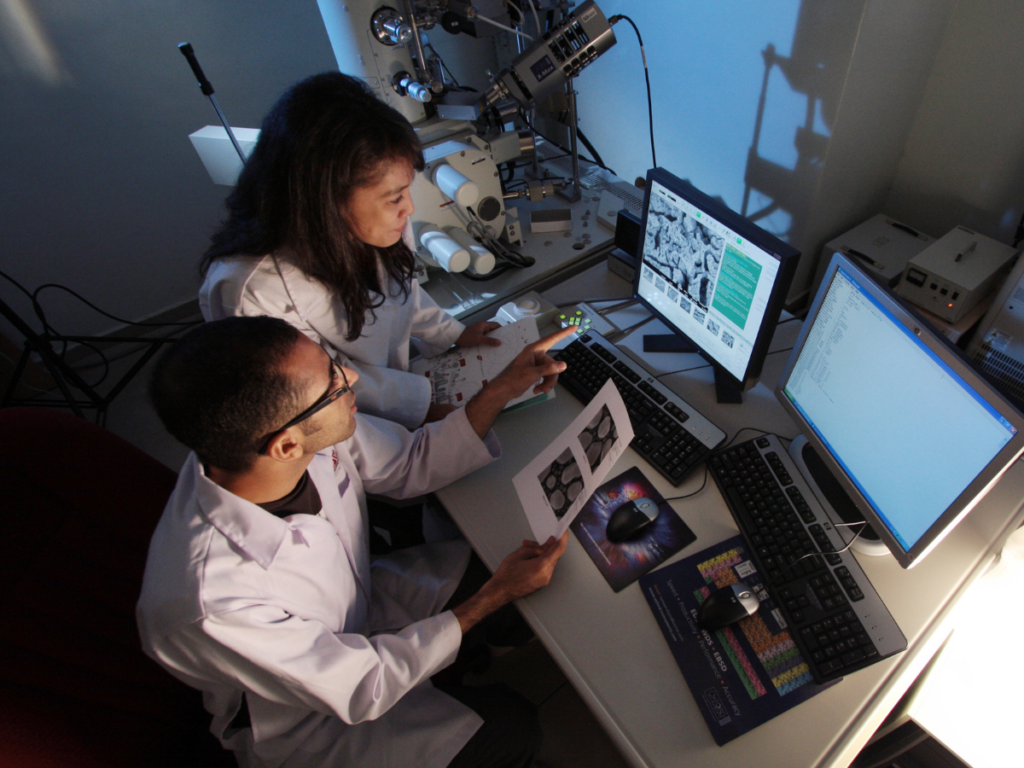
Welcome to our latest roundup of inspiring stories from the field of genomics. We are thrilled to highlight the groundbreaking work of our customers who have been utilizing Golden Helix’s VarSeq software in their scientific endeavors. VarSeq, our innovative software solution for analyzing and visualizing variant data, has enabled researchers to push the boundaries of genetic analysis. Below are three customer publications that utilized VarSeq for clinical research; I encourage you to read about the extensive capabilities of VarSeq.
Introducing and Implementing Genetic Assessment in Cardio-Obstetrics Clinical Practice: Clinical and Genetic Workup of Patients with Cardiomyopathy
Cardiovascular disease (CVD) during pregnancy varies significantly worldwide, influenced by factors such as access to healthcare, delayed diagnosis, causes, and risk factors. Our study sought to explore the spectrum of CVD present in pregnant women in the United Arab Emirates to better understand this population’s unique needs and challenges. Central to our study is an emphasis on the importance of implementing a multidisciplinary approach that involves the collaboration of obstetricians, cardiologists, geneticists, and other healthcare professionals to ensure that patients receive comprehensive and coordinated care. This approach can also help identify high-risk patients and implement preventive measures to reduce the occurrence of adverse maternal outcomes. Furthermore, increasing awareness among women about the risk of CVD during pregnancy and obtaining detailed family histories can help in the early identification and management of these conditions. Genetic testing and family screening can also aid in identifying inherited CVD that can be passed down through families. To illustrate the significance of such an approach, we provide a comprehensive analysis of five women’s cases from our retrospective study of 800 women. The findings from our study emphasize the importance of addressing maternal cardiac health in pregnancy and the need for targeted interventions and improvements in the existing healthcare system to reduce adverse maternal outcomes.
A holistic approach to maximise diagnostic output in trio exome sequencing
Rare genetic diseases are a major cause for severe illness in children. Whole exome sequencing (WES) is a powerful tool for identifying genetic causes of rare diseases. For a better and faster assessment of the vast number of variants that are identified in the index patient in WES, parental sequencing can be applied (“trio WES”).
We assessed the diagnostic rate of routine trio WES including analysis of copy number variants in 224 pediatric patients during an evaluation period of three years.
Trio WES provided a diagnosis in 67 (30%) of all 224 analysed children. The turnaround time of trio WES analysis has been reduced significantly from 41 days in 2019 to 23 days in 2021. Copy number variants could be identified to be causative in 10 cases (4.5%), underlying the importance of copy number variant analysis. Variants in three genes which were previously not associated with a clinical condition (GAD1, TMEM222 and ZNFX1) were identified using the matching tool GeneMatcher and were part of the first description of a new syndrome.
Trio WES has proven to have a high diagnostic yield and to shorten the process of identifying the correct diagnosis in paediatric patients. Re-evaluation of all 224 trio WES 1–3 years after initial analysis did not establish new diagnoses. Initiating (trio) WES as a first-tier diagnostics including copy number variant detection should be considered as early as possible, especially for children treated in ICU, if a monogenetic disease is suspected.
Spinocerebellar ataxia type 14 (SCA14) in an Argentinian family: a case report
Hereditary spinocerebellar ataxias are a group of genetic neurological disorders that result in degeneration of the cerebellum and brainstem, leading to difficulty in controlling balance and muscle coordination.
A family affected by spinocerebellar ataxia was identified in Argentina and investigated using whole exome sequencing to determine the genetic etiology. The proband, a female white Hispanic aged 48, was noted to have slowly progressive gait ataxia, dysarthria, nystagmus, and moderate cerebellar atrophy. Whole exome sequencing was performed on three affected and two unaffected family members and revealed a dominant pathogenic variant, p.Gln127Arg (19:54392986 A>G), in the protein kinase C gamma gene, and the family was diagnosed with spinocerebellar ataxia type 14.
In closing, these studies highlight the critical role of VarSeq in advancing genomic research. We’re proud to support the groundbreaking work of our customers and look forward to seeing the transformative discoveries yet to come. Stay tuned for more inspiring customer stories in the realm of genomics!